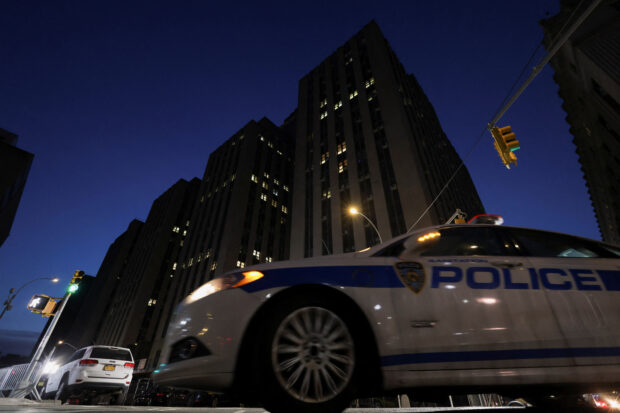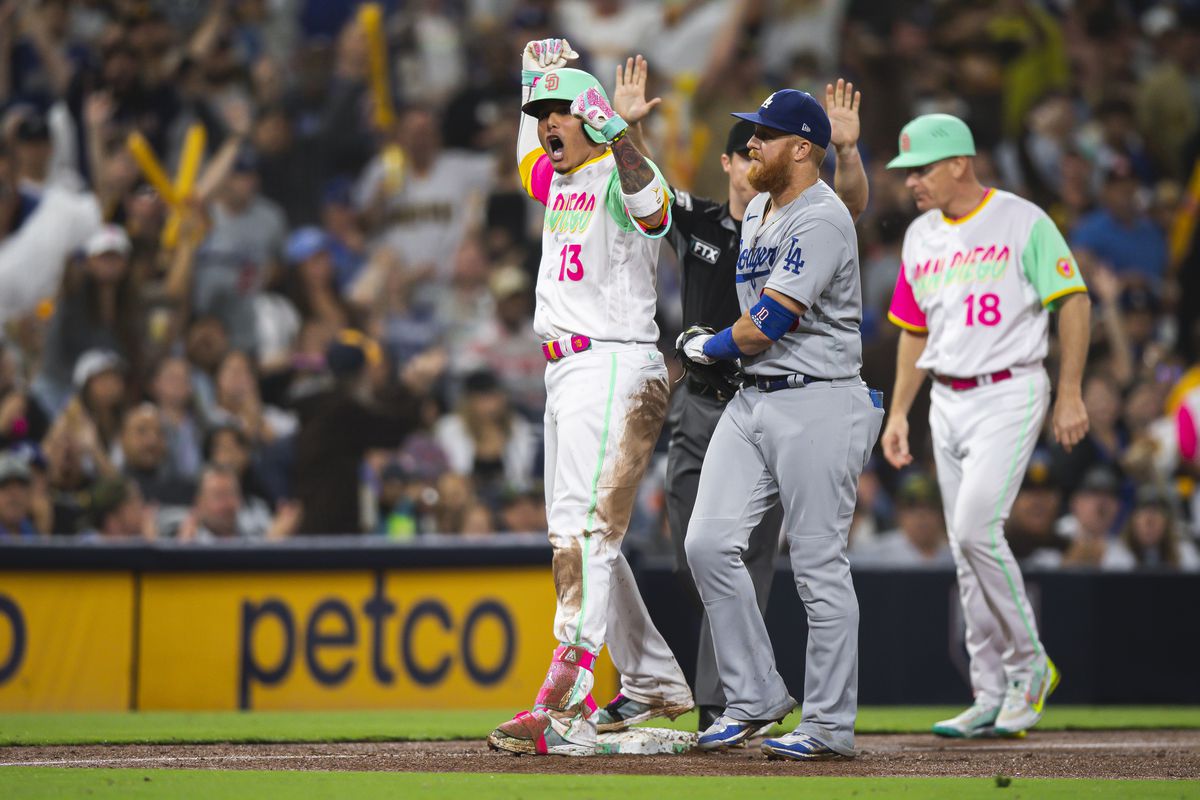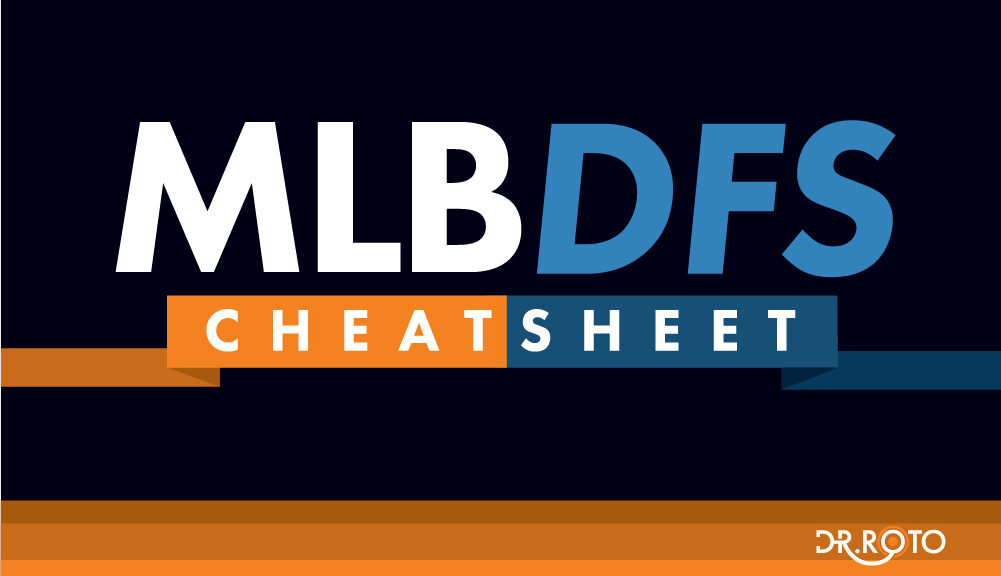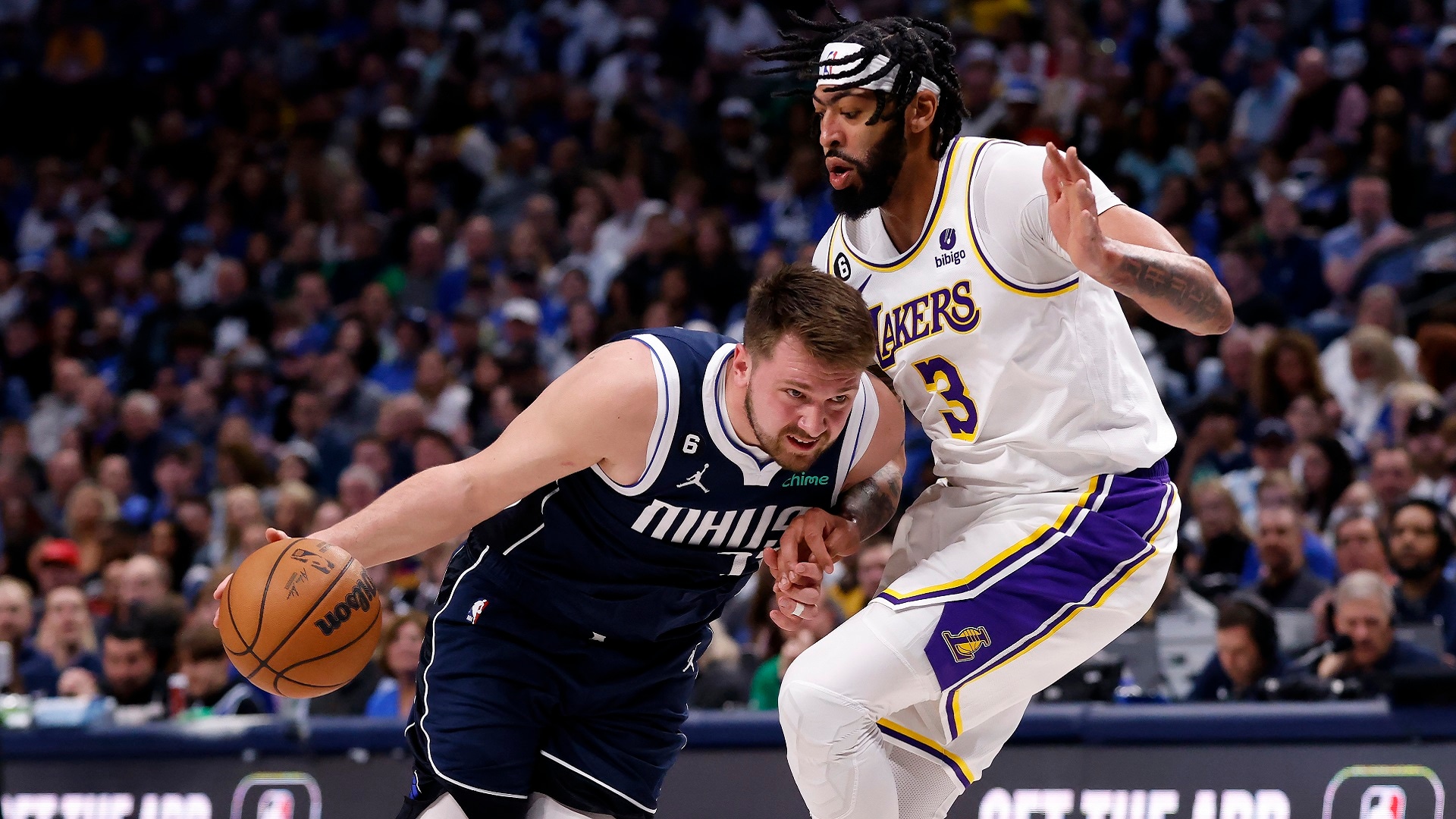LaLiga's Piracy Lawsuit: Will Google Face Criminal Charges?

Table of Contents
LaLiga's Claims and Evidence
LaLiga's lawsuit against Google centers on allegations of complicity in the widespread piracy of its football matches. They claim Google benefits financially from this piracy through its AdSense program, which allows advertisers to place ads on websites that illegally stream LaLiga content. Furthermore, LaLiga alleges Google's takedown procedures for copyright-infringing content are insufficient, allowing pirate sites to operate freely and continue to profit from unauthorized broadcasts.
- Specific examples of Google's alleged complicity: LaLiga has presented evidence of numerous websites hosting illegal streams of their matches that generate revenue through Google AdSense. They claim Google knowingly allows these ads to appear, directly profiting from the illegal activity. They also point to a lack of proactive measures to identify and remove these pirate sites.
- Financial losses: LaLiga cites substantial financial losses due to the reduction in legitimate subscriptions and broadcasting revenue caused by widespread piracy. These losses are a direct result of the ease with which fans can access free, illegal streams.
- Evidence presented: LaLiga's evidence likely includes detailed reports tracking the illegal streams, financial records showing AdSense revenue linked to these sites, and documentation highlighting Google's responses (or lack thereof) to copyright infringement notices.
- Legal framework: LaLiga's legal action relies heavily on international and national copyright laws, specifically those pertaining to digital rights and the responsibilities of online platforms in preventing copyright infringement.
Google's Defense Strategy
Google's defense strategy will likely center on the "safe harbor" provisions of the Digital Millennium Copyright Act (DMCA). This US law protects online service providers from liability for copyright infringement by their users, provided they adhere to certain conditions. Google will likely argue that it has implemented adequate mechanisms to address copyright infringement complaints and remove infringing content.
- Safe harbor arguments: Google will likely emphasize its compliance with DMCA takedown notices and its efforts to proactively identify and remove infringing content.
- Content takedown policies: Google will highlight its established policies and procedures for handling copyright infringement complaints, emphasizing the speed and efficiency of its takedown process.
- Anti-piracy efforts: Google will likely point to its various initiatives and investments in technology and strategies designed to combat online piracy across its platforms.
- Legal precedents: Google's defense will likely rely on previous legal cases where courts have upheld the safe harbor provisions of the DMCA, emphasizing the need for a balance between protecting copyright holders and not unduly burdening online service providers.
The Potential for Criminal Charges
Whether Google will face criminal charges in the LaLiga Piracy Lawsuit remains a complex legal question. While the evidence presented by LaLiga is compelling, the threshold for proving criminal intent is high.
- Relevant criminal statutes: Prosecution would depend on the applicability of criminal statutes related to copyright infringement, which vary by jurisdiction. Demonstrating willful blindness or direct participation in the illegal activity would be crucial for a successful prosecution.
- Likelihood of successful prosecution: Given the complexities of the DMCA and existing case law, the likelihood of a successful criminal prosecution against Google remains uncertain. Past legal precedents have often favored the safe harbor provisions for online platforms.
- Potential penalties: If found guilty, Google could face substantial fines, potentially impacting its reputation and future business operations. The penalties could also serve as a major deterrent to other tech companies.
- Jurisdictional aspects: The jurisdictional aspects of the case, encompassing where the alleged infringement occurred and where the legal action is pursued, will significantly influence the outcome.
Impact on the Tech Industry and Copyright Protection
The LaLiga Piracy Lawsuit has far-reaching implications for the tech industry and the broader debate about online copyright protection. The outcome will significantly influence how tech companies approach copyright infringement on their platforms.
- Impact on tech companies: This case sets a significant precedent for other tech platforms. The ruling could lead to changes in how companies manage copyright takedown requests, invest in anti-piracy technologies, and balance their responsibilities to copyright holders with protecting free speech.
- Effect on the debate on online copyright protection: The lawsuit will undoubtedly reignite discussions about the effectiveness of current copyright laws and the responsibilities of tech platforms in preventing online piracy.
- Potential legislative changes: Depending on the outcome, the case could prompt legislative changes aimed at clarifying the responsibilities of online service providers in combating copyright infringement, potentially strengthening or modifying the DMCA.
- Role of DRM: This case may also highlight the role of digital rights management (DRM) technologies in preventing piracy, potentially leading to increased investment and development in this area.
Conclusion
The LaLiga Piracy Lawsuit against Google presents a critical test case for the tech industry's role in combating online copyright infringement. While the evidence presented by LaLiga is strong, the legal hurdles to successfully bringing criminal charges against a tech giant like Google are substantial. The outcome will significantly impact the future of online copyright protection and influence how tech companies approach the issue of piracy on their platforms. The central question – will Google face criminal charges? – remains unanswered, but the ramifications of this LaLiga Piracy Lawsuit will be felt across the digital landscape for years to come. Stay informed about this landmark case and its implications for the future of digital rights by following further updates on reputable legal and news sources. Understanding the complexities of the LaLiga Piracy Lawsuit is essential for anyone interested in the future of online copyright protection.

Featured Posts
-
 Dodgers Master Plan Faces Padres Determined Opposition
May 16, 2025
Dodgers Master Plan Faces Padres Determined Opposition
May 16, 2025 -
 Maximize Your Mlb Dfs Roi May 8th Sleeper Picks And Hitter To Avoid
May 16, 2025
Maximize Your Mlb Dfs Roi May 8th Sleeper Picks And Hitter To Avoid
May 16, 2025 -
 Jeffrey Goldbergs Trump Interview A Reporters Account Of Strange Encounters
May 16, 2025
Jeffrey Goldbergs Trump Interview A Reporters Account Of Strange Encounters
May 16, 2025 -
 Tam Krwz Awr An Ky Nyy Grl Frynd Hqyqt Ya Afwah
May 16, 2025
Tam Krwz Awr An Ky Nyy Grl Frynd Hqyqt Ya Afwah
May 16, 2025 -
 Jalen Brunsons Exit A Deeper Dive Into The Mavericks Losses Compared To The Doncic Trade
May 16, 2025
Jalen Brunsons Exit A Deeper Dive Into The Mavericks Losses Compared To The Doncic Trade
May 16, 2025
